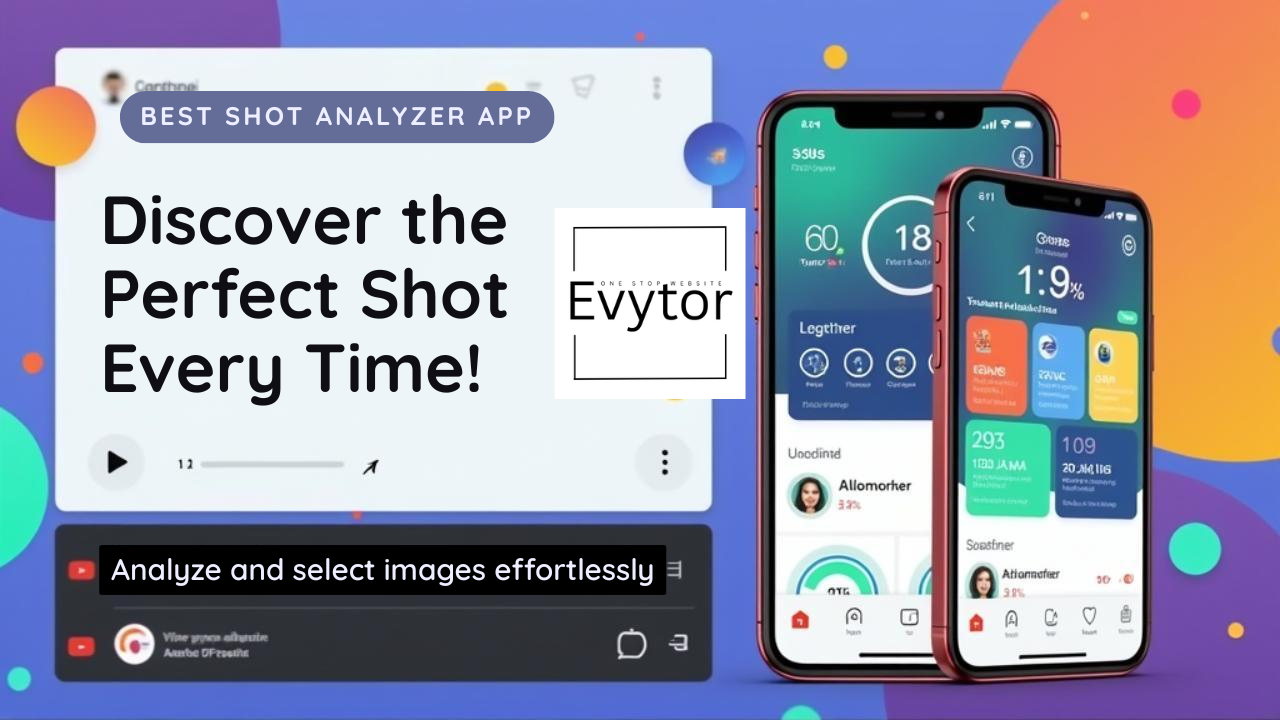Renewable Energy Options for Homeowners: Solar, Wind, and More
Thinking about harnessing the power of nature to fuel your home? 🌍 You're not alone! More and more homeowners are exploring renewable energy options, not just for the environmental benefits, but also for long-term cost savings and energy independence. Moving towards renewable sources like solar and wind is a big step, and it can seem overwhelming at first. But fear not! This guide will break down some of the most popular and accessible renewable energy solutions available to homeowners today, helping you understand the basics and see if they're the right fit for your property and lifestyle.
Solar Energy: Powering Your Home with Sunshine ☀️
Solar power is arguably the most recognized and widely adopted renewable energy source for residential use. It works by converting sunlight directly into electricity using photovoltaic (PV) panels, typically installed on rooftops or in ground-mounted arrays. The electricity generated can be used immediately, stored in batteries, or even sent back to the grid.
Key Benefits of Solar:
- ✅ Reduced or Eliminated Electricity Bills: Once your system is paid off, your electricity costs can drop dramatically, sometimes to zero.
- 💰 Potential for Incentives: Many governments offer tax credits, rebates, or feed-in tariffs to encourage solar adoption.
- ⬆️ Increased Home Value: Homes with solar panels often sell faster and at a higher price.
- 🌿 Environmental Impact: Clean energy production means a smaller carbon footprint.
Things to Consider:
- ☀️ Initial Cost: The upfront investment can be significant, though prices have fallen considerably.
- 🏠 Roof Suitability: The condition, angle, and orientation of your roof are crucial for optimal performance.
- 🌳 Shading: Trees or nearby buildings that cast shadows can reduce energy production.
The technology is constantly improving, making solar more efficient and affordable than ever before. Battery storage solutions are also becoming more common, allowing homeowners to store excess energy generated during the day for use at night or during grid outages.
Wind Energy: Harnessing the Breeze 💨
While less common than solar for typical suburban homes, residential wind turbines can be a viable option for properties with sufficient land and consistent wind resources. A small wind turbine captures kinetic energy from the wind and converts it into electricity.
Is Wind Right for You?
- 💨 Good Wind Resource: You need a location with consistent, strong winds, unobstructed by buildings or trees.
- 📏 Sufficient Space: Turbines require space for the tower and clearance from obstacles.
- 🔇 Noise and Aesthetics: Consider potential noise levels and the visual impact on your property and neighbors.
Residential wind systems are often integrated with solar panels for a hybrid system, providing a more reliable energy source throughout the year, as wind and sun patterns can complement each other.
Geothermal Energy: Tapping into Earth's Heat 🔥🧊
Geothermal systems use the stable temperature of the earth just below the surface to provide heating and cooling for your home. Instead of generating electricity, these systems use an underground loop system to transfer heat. In winter, the system absorbs heat from the earth and transfers it indoors. In summer, it pulls heat from the house and transfers it to the earth.
Why Geothermal is Great:
- 🌡️ Incredibly Efficient: Geothermal heat pumps are among the most energy-efficient heating and cooling systems available.
- 🛠️ Long Lifespan: Underground loops can last 50+ years, and indoor components 20-25 years.
- 🤫 Quiet Operation: Unlike traditional HVAC units, geothermal systems are very quiet.
- 🌱 Consistent Temperature: Provides stable, comfortable indoor temperatures year-round.
Challenges:
- ड्रिलिंग High Upfront Cost: Installation requires digging or drilling loops, which is expensive.
- 🚧 Disruption: Installation can be disruptive to landscaping.
Despite the high initial cost, the long-term savings on utility bills and the longevity of the system can make geothermal a very worthwhile investment.
Other Emerging Options & Microgrids 💡
Beyond the big three, other renewable technologies are being explored for residential use, including micro-hydro systems (for homes near flowing water) and biomass (burning organic matter, though this has environmental considerations). The concept of a home microgrid, combining multiple renewable sources with battery storage and smart energy management, is also gaining traction, offering ultimate energy independence.
Going Further: Pro-Tips for Homeowners 🚀
- 💡 Get Multiple Quotes: Always consult with several reputable installers for design and pricing comparisons.
- 🏦 Explore Financing Options: Look into PACE (Property Assessed Clean Energy) programs, low-interest loans, or leasing options if the upfront cost is a barrier.
- 🧐 Understand Net Metering: Learn how your local utility handles excess energy you send back to the grid.
- 📚 Research Local Incentives: Check state, local, and federal incentives, as they can significantly reduce the net cost.
- 🔋 Consider Battery Storage: While adding cost, batteries offer backup power and can optimize energy usage, especially with variable rates.
- 🛠️ Think Long-Term Maintenance: Understand the maintenance requirements and warranties for the system you choose.
Choosing the right renewable energy option for your home depends heavily on your location, property type, budget, and energy needs. Doing thorough research and getting expert advice is crucial.
Transitioning to renewable energy is a significant investment, but it's one that pays dividends for your wallet and the planet over the long haul. Whether it's embracing the sun, the wind, or the earth's warmth, there's likely a renewable path for you. Which of these options sparks your interest the most?




